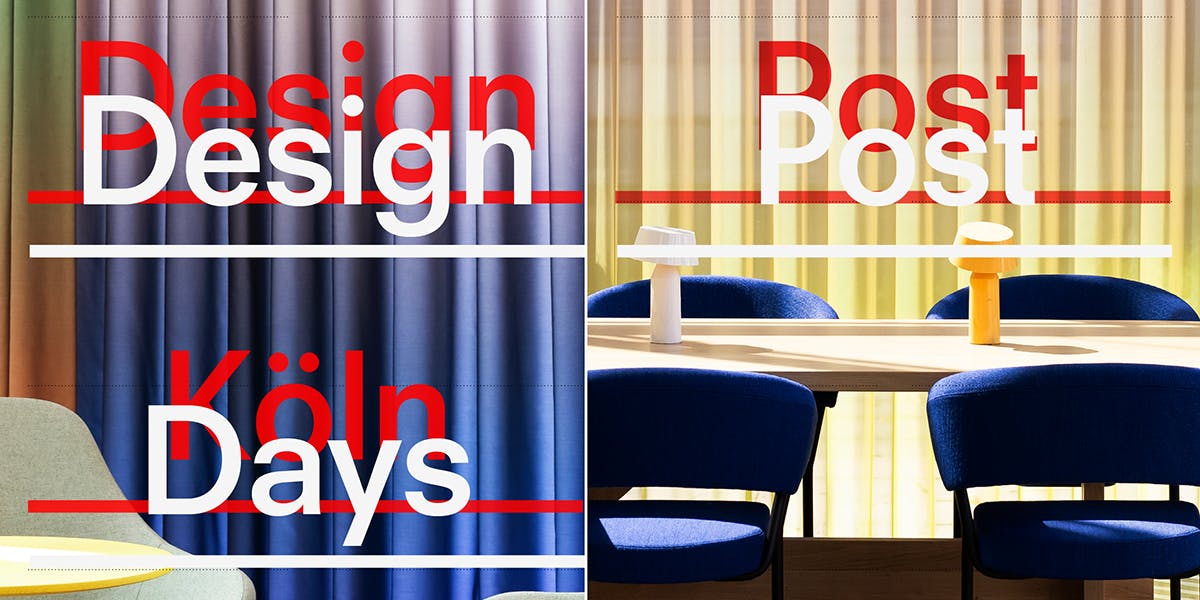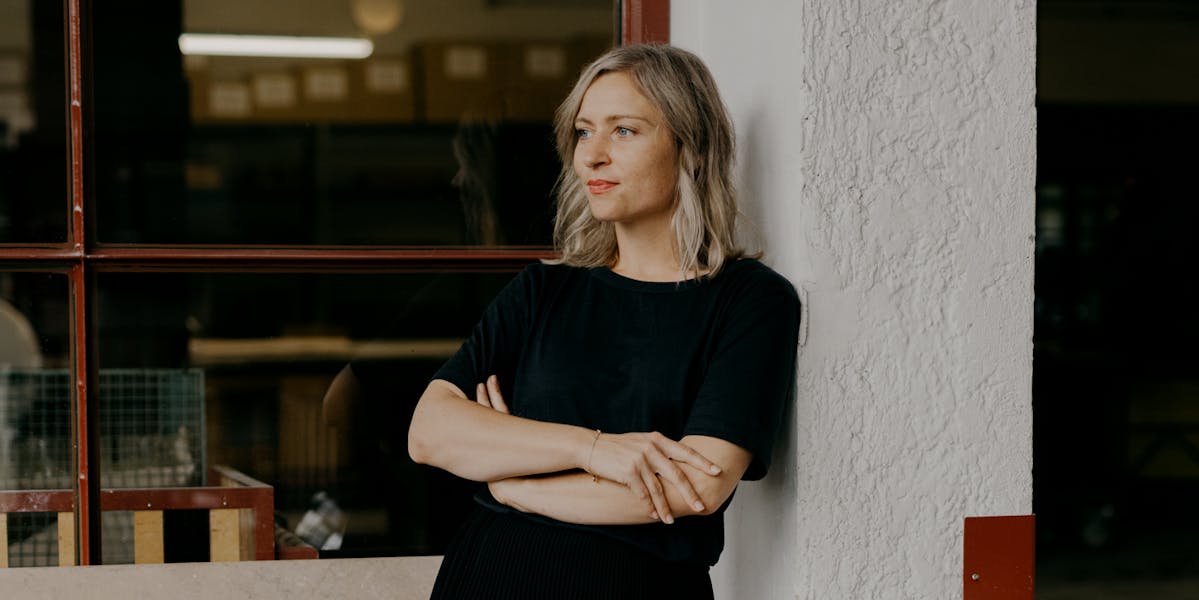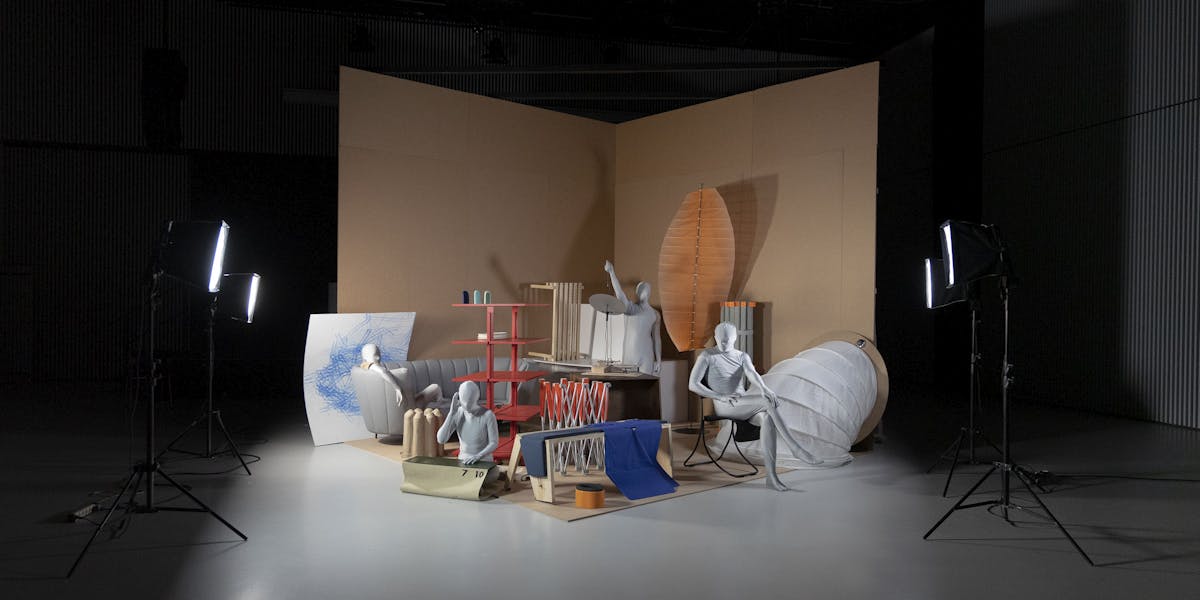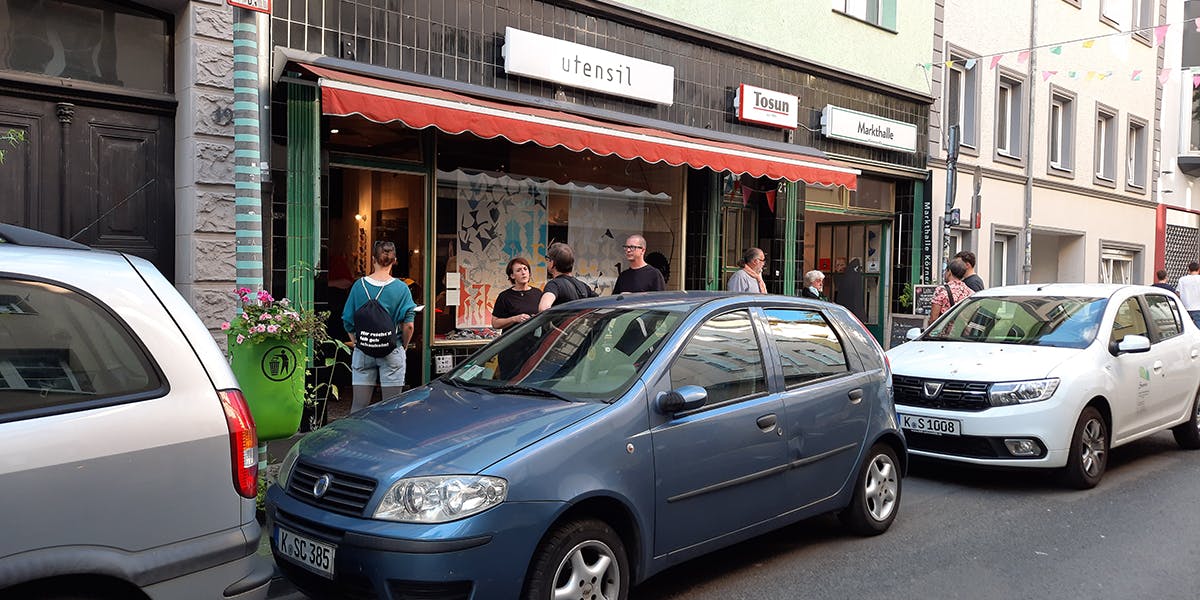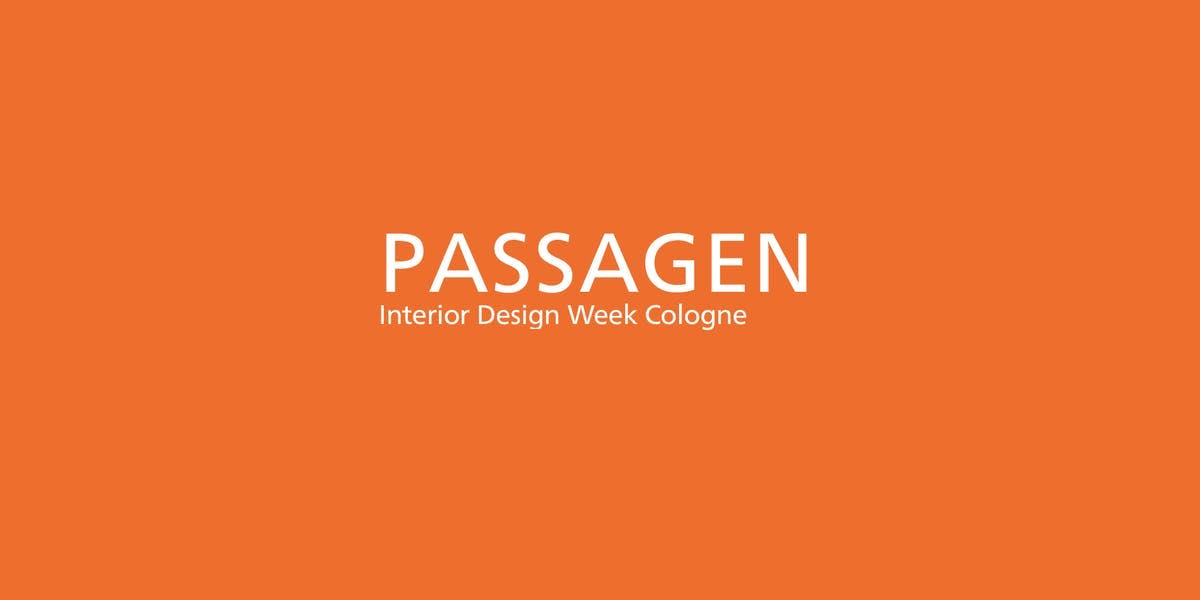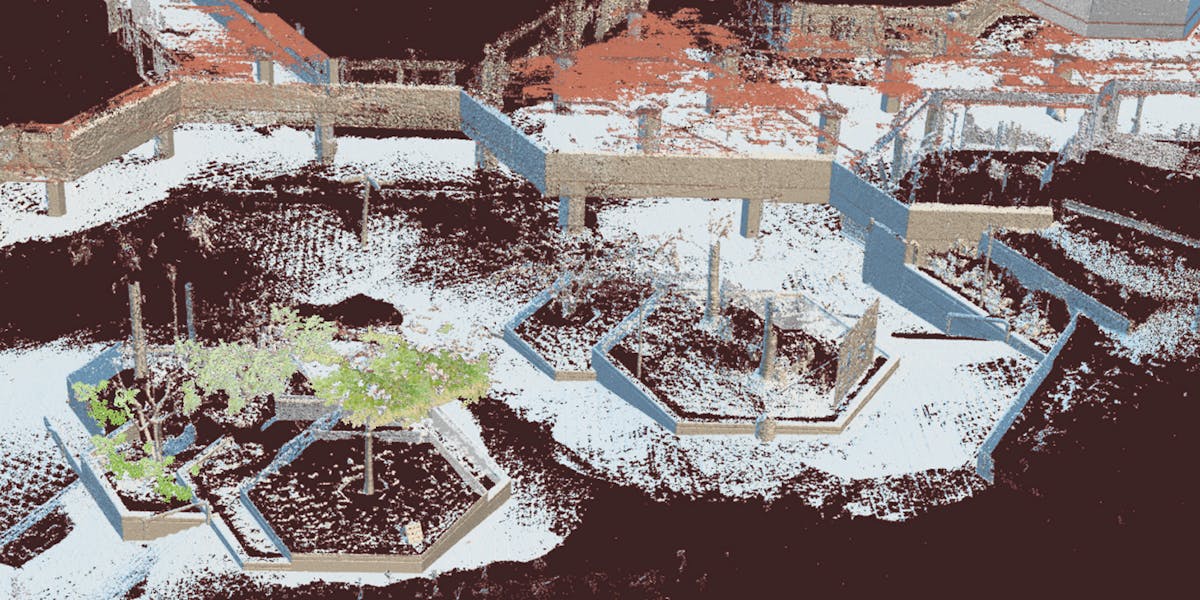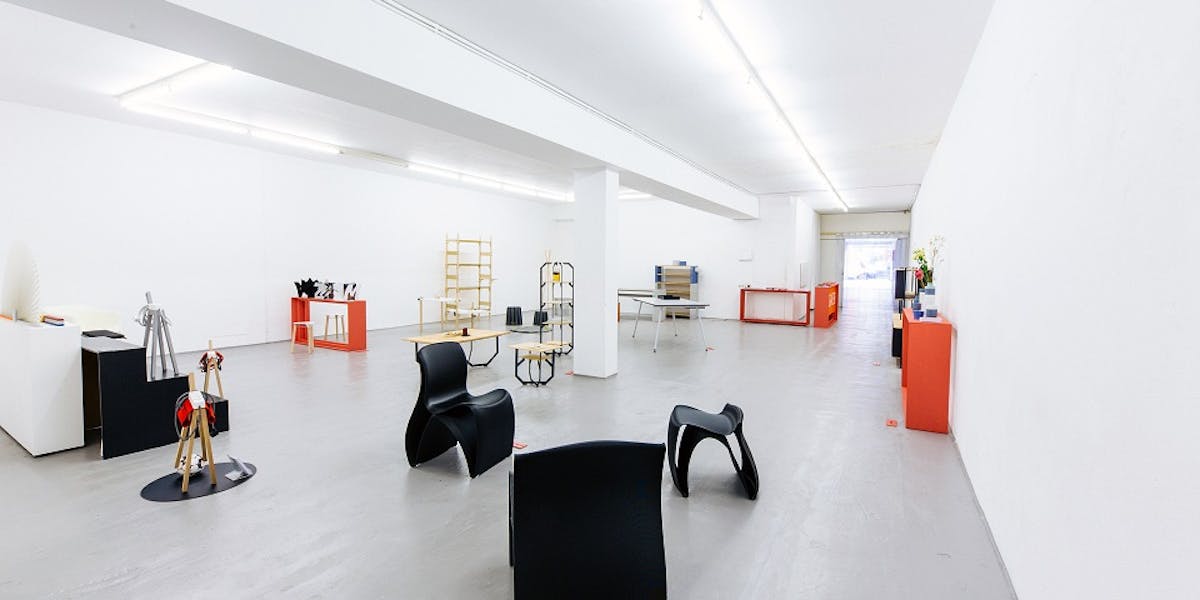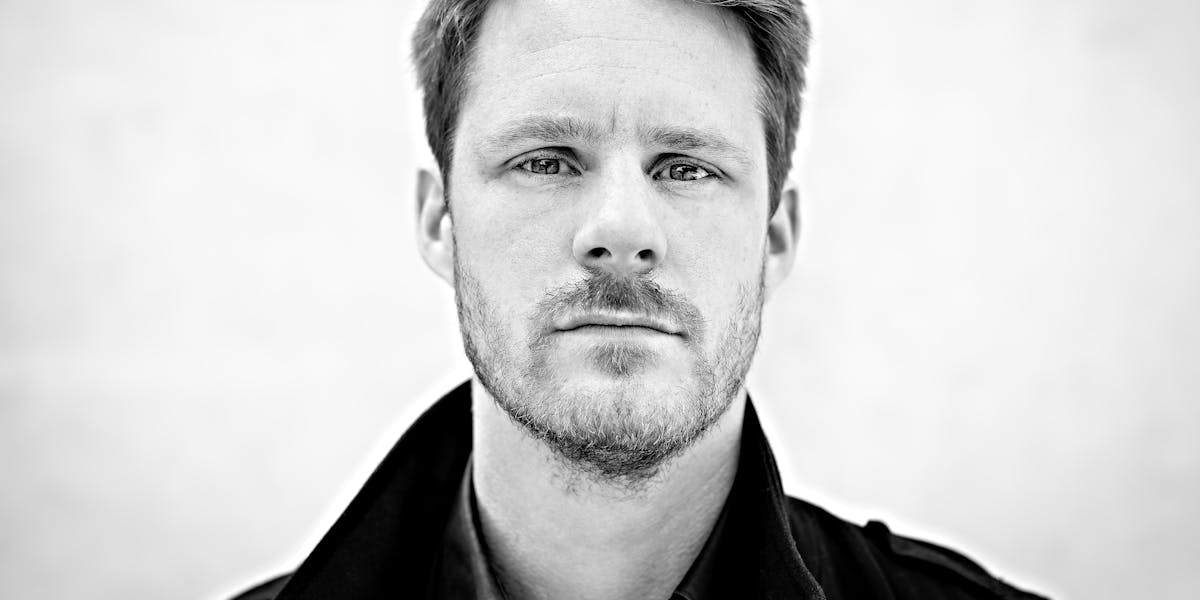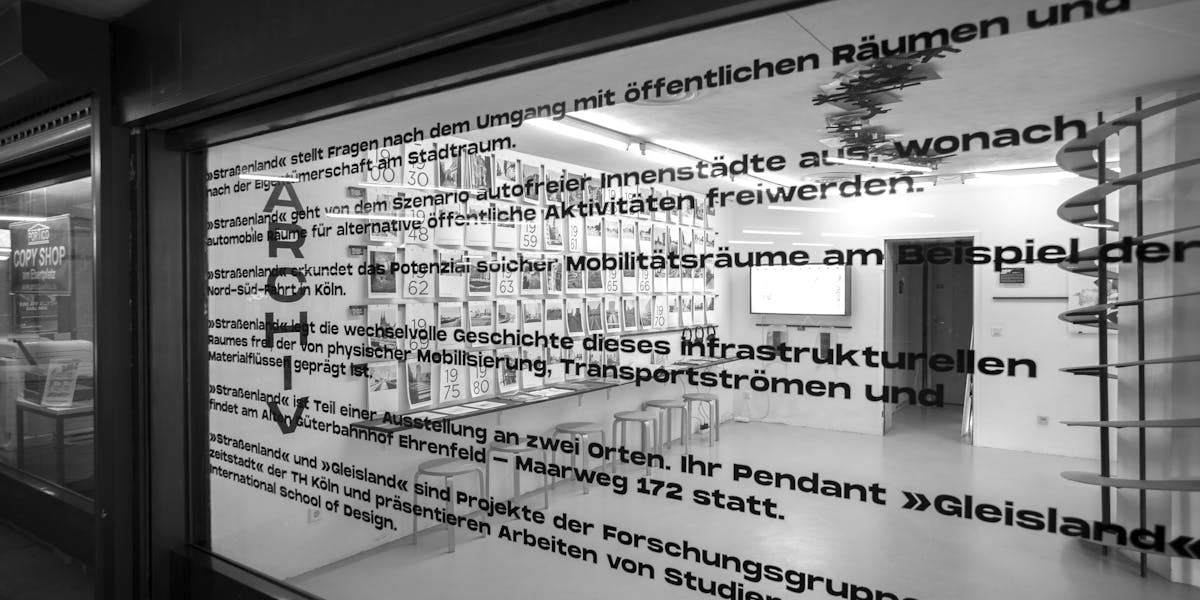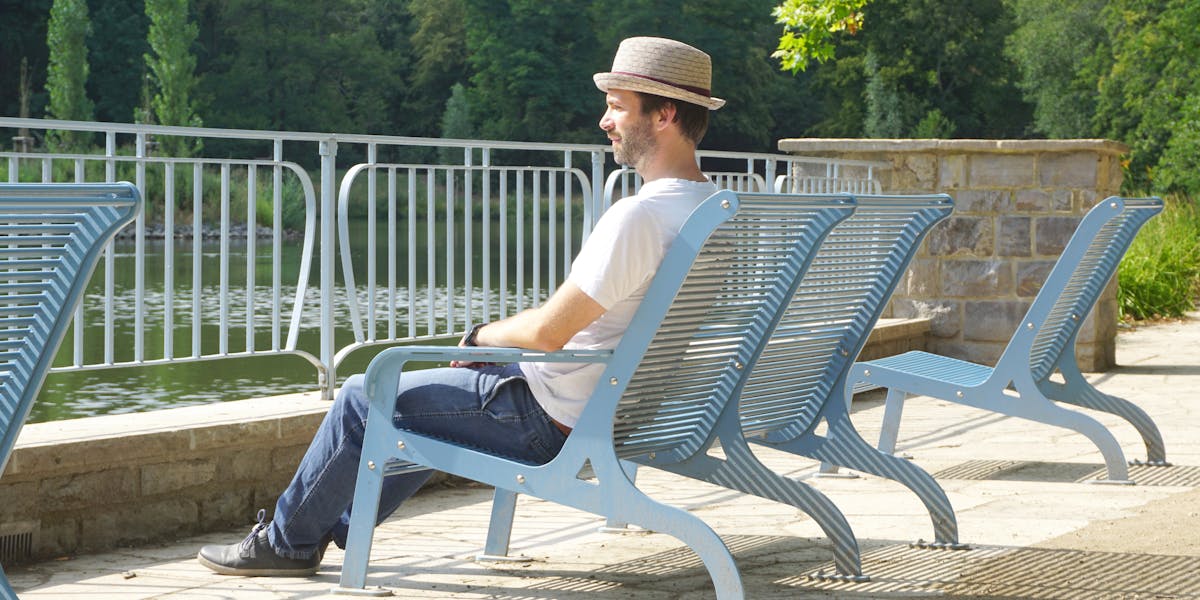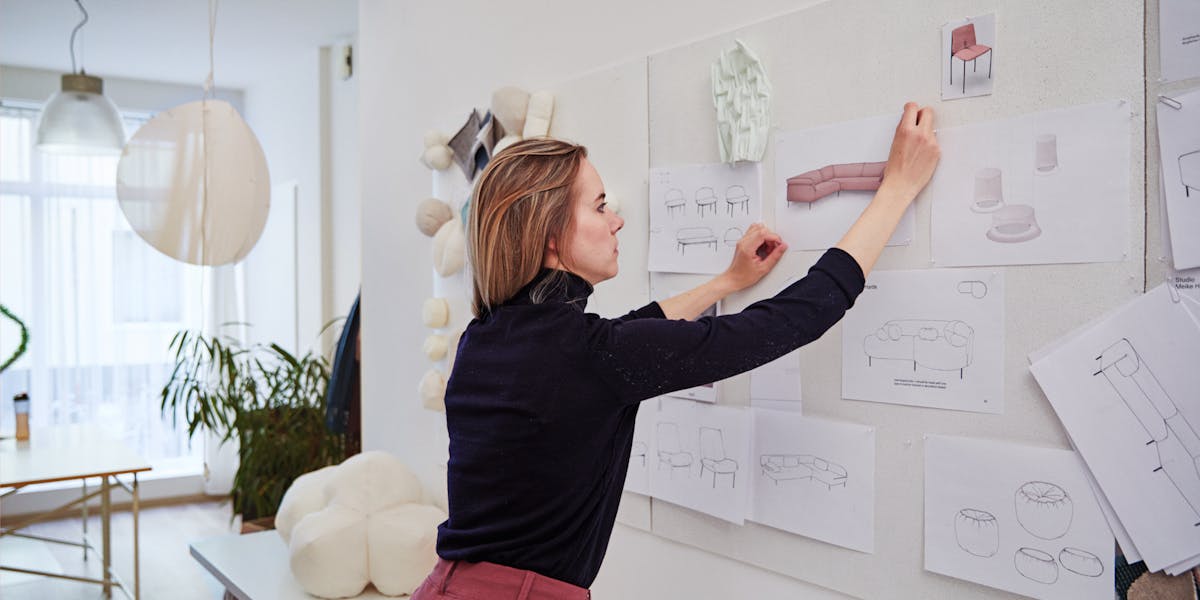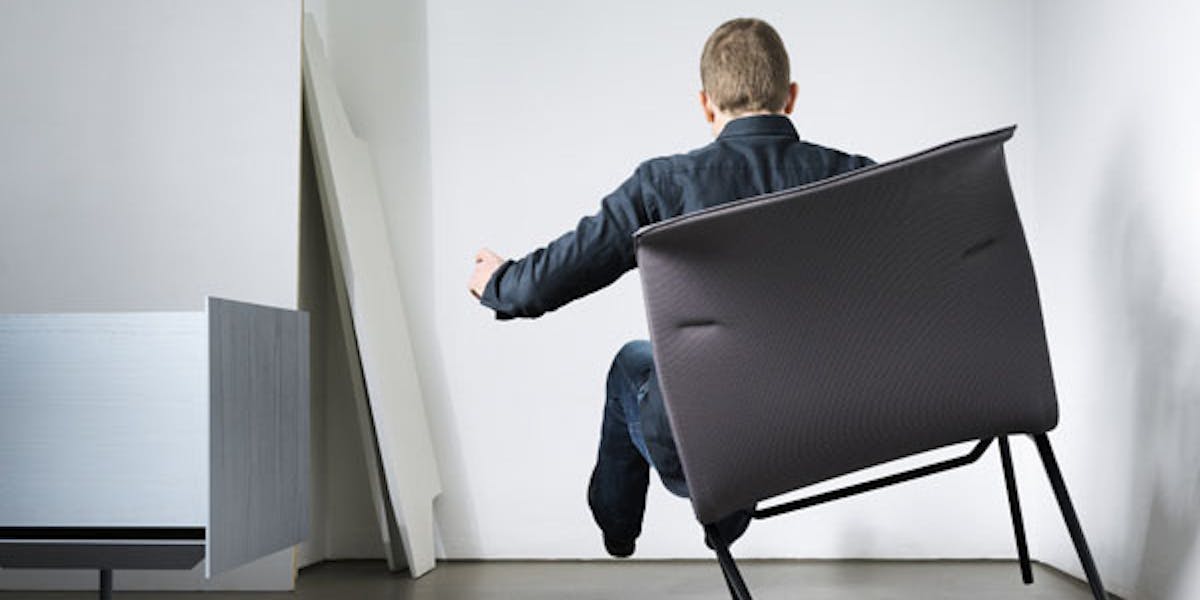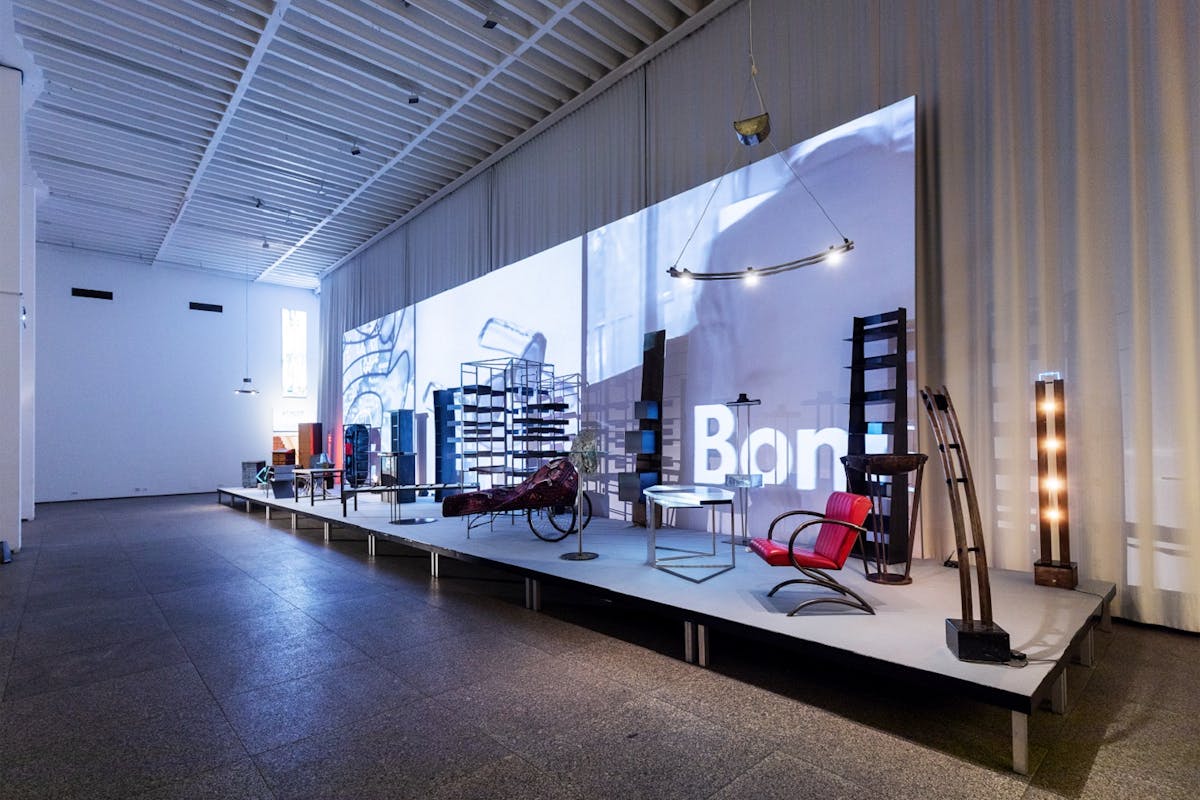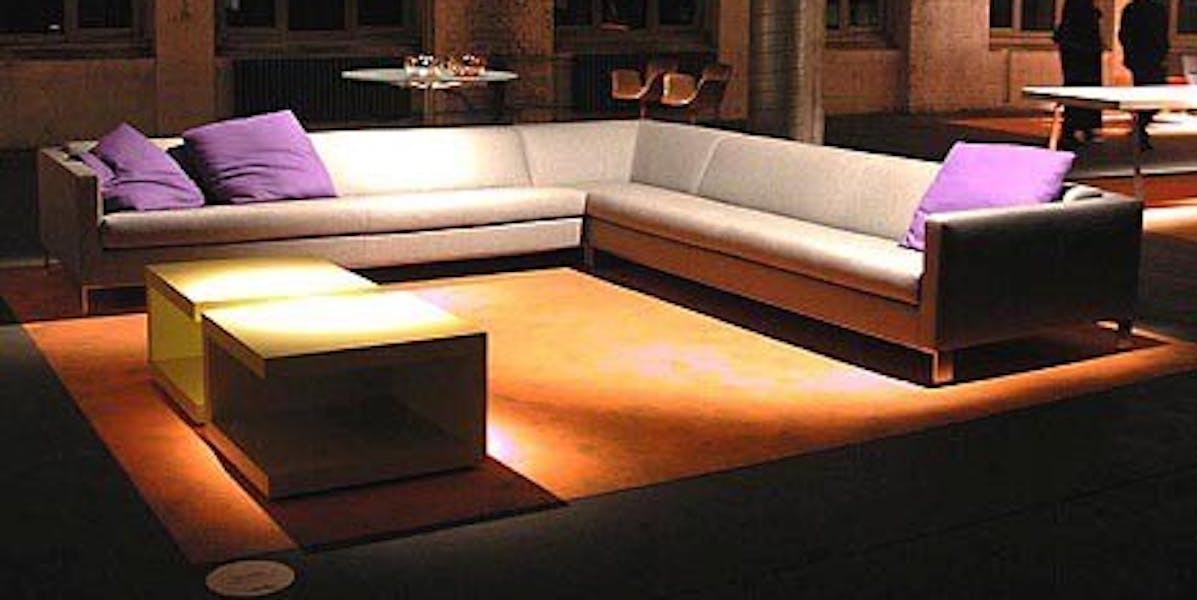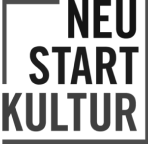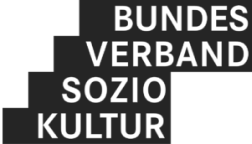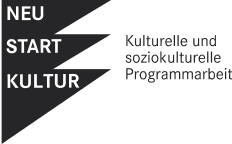Design Group Pentagon - Review
January 13 - April 26, 2020
MAKK - Museum of Applied Arts Cologne
The Museum für Angewandte Kunst Köln presented "Design Gruppe Pentagon" - 35 years after its founding - a first monographic museum show of the Cologne-based Pentagon Group (1985-1991), one of the protagonists of New German Design.
In the early 1980s, a young generation of designers throughout the FRG broke with the "good form" that had been characteristic of German design until then. Inspired by the concepts of Memphis and Alchimia in Italy, German design also experienced a radical renewal. One of the protagonists was the Cologne-based collective Gruppe Pentagon, founded in 1985 by Gerd Arens, Wolfgang Laubersheimer, Reinhard Müller, Ralph Sommer and Meyer Voggenreiter. Pentagon worked with steel and Plexiglas, combined them with stone, rubber or leather, also with everyday objects, and gave the whole thing a postmodern kick. In 1987 the collective was part of documenta 8 and at the Sāo Paulo Biennial with the project "Café Casino". After that they exhibited in Milan, Rotterdam and Vienna, among other places.
The expansive staging of the exhibition at the MAKK was designed by the Pentagon members as a collective and is the first joint work since documenta 8. The works of the group members, almost all of which come from private collections, were presented in an expansive installation in the central exhibition hall. The furniture became performers in front of a film collage that reflected on the 1980s and placed the works in a cultural and contemporary historical context.
Part of this installation was the "Café Casino": the café, which was installed in the rooms of a former discotheque in Kassel for 100 days in 1987, included specially designed furniture - such as the iconic d8 chairs with their zig-zag look - but also objects that were "rebranded" using the Pentagon stamp. For example, tableware from a German porcelain manufacturer or glasses from a likewise German glass manufacturer were transformed into Pentagon tableware or Pentagon glasses. This exciting change of authorship was on the one hand a tongue-in-cheek provocation, but on the other hand also a sign of the confrontation with traditional values. The comprehensive design of the "Café Casino" did not stop at the furnishings and utensils, however; the selection of food offered and the accompanying menu were also developed together. At the MAKK, part of the café, including the bar tables that were destroyed at the time, was reconstructed on the basis of original designs and "revived" within the framework of actions.
Another exhibition area was dedicated to the graphic works - the drafts, drawings, business papers, catalogs and commercial prints such as posters or invitation cards. These documents, preserved in private collections, could be presented here for the first time and gave an exciting insight into the activities of the entire group. The nucleus and heart of the group was the legendary Pentagon Gallery, founded in 1985 and originally conceived as a producer's gallery. However, this gallery then also caused a sensation with a dedicated exhibition program: Möbel Perdu, Siegfried Syniuga, Jasper Morrison, Stiletto, Hans-Peter Adamski or Andreas Brandolini became elective relatives with objects at the interface between art and design - and caused a stir not only in Cologne. Added to this were the often ambiguous titles for their own or group exhibitions, which not coincidentally also took aim at the political situation in the 1980s. "Autumn Maneuvers," "Economic Wars," or "Status Symbols," "Grip in the Dust," and finally "Actionism Again" make one startle as well as smile in equal measure.
A catalog with interviews and numerous illustrations has been published to accompany the exhibition. In addition, a limited vinyl edition with the tracks to the exhibition installation by Thomas Fehlmann, Justus Köhncke, The Bionaut, GRAY, in collaboration with Kompakt Schallplatten, Cologne.
Catalog and vinyl are available at MAKK: www.makk.de.
Design Gruppe Pentagon was supported by the Peter and Irene Ludwig Foundation and by the Overstolzengesellschaft.
